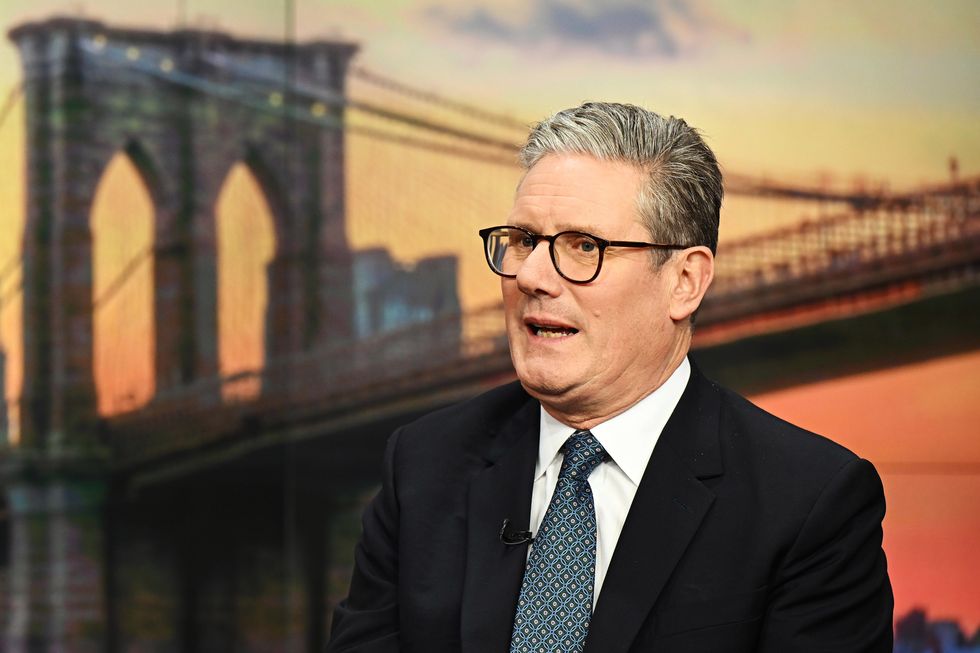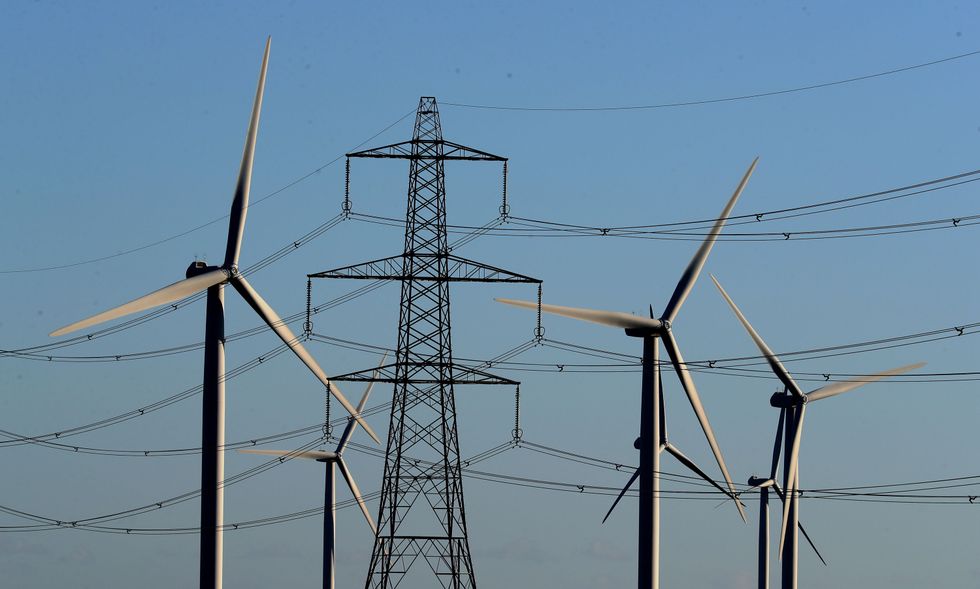Keir Starmer, pylon
PA
Campaigners say that electricity pylons despoil the countryside, ruin views and are often opposed by communities which have to live near to them
Don't Miss
Most Read
Trending on GB News
Sir Keir Starmer has said he will not fund projects to bury electricity cables across the country because it would lead to higher taxes.
The Prime Minister was challenged about why he had turned his face against requiring cables to be buried, rather than the cheaper option of constructing more pylons to carry the cables across the country.
Campaigners say that electricity pylons - more of which are needed to connect new windfarms to the national grid - despoil the countryside, ruin views and are often opposed by communities which have to live near to them.
But speaking to reporters including GB News in New York, Starmer said that he wanted to have "a sort of honest levelling with the country, which is to say ‘if you want XYZ, then we've got place up to the fact that there are a number of consequences for that’".

Starmer said that he wanted to have "a sort of honest levelling with the country"
PA
He added: "If you want lower energy bills, we're going to have to have pylons above the ground.
"Yes, there is the option to put them below the ground - it costs much more money, and if there's one consistent theme into and out of the last election, it's that most people feel they're already paying too much tax.
"I don't think many would put their hand up to pay more tax in relation to that.
"These are the sorts of trade offs. It's same with housing - if we want people to be actually be able to buy their own homes, then we are going to have to accommodate that in communities.
LATEST DEVELOPMENTS:

Pylons are the cheaper option
PA
"I think we just shied away from these tradeoffs for too long. We've got to be serious about it.
"Now, of course, we will consult with people, there are always options, but I do want to be clear: these are serious tradeoffs that we’re going to have to make and we're going to have to take those decisions."








